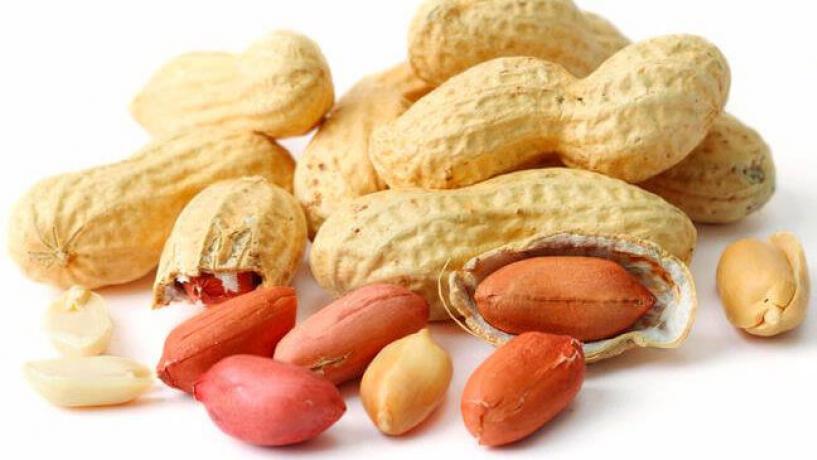
A recent study at Murdoch’s Children Research Institute may have discovered a potential cure for peanut allergies.
According to scientists, initial trials were a success, providing useful information for the future of allergy management.
The discovery is particularly relevant in light of the fact that peanut allergies have started to increase over the last two decades by over 350%. The course of treatment used in the trial focused on introducing individuals to small amounts of protein from the peanut, mixed with probiotics, thereby minimizing the possibility of a fatal reaction.
The Details of the Trial
During the trial, researchers supplied over 60 children with peanut allergies with a dose of a probiotic known as Lactobacillus Rhamnosus, alongside an increasing amount of peanut protein, or placebo. Lactobacillus Rhamnosus is a form of bacteria that has been used to maintain balance within the body and reduce the growing risks of other, more harmful bacteria in the intestines or stomach.
The amount of peanut protein eventually built up to two grams (similar to seven peanuts), and the dose of Lactobacillus Rhamnosus given amounted to the equivalent of being served 44 pounds of yogurt every day. At the end of the research period, the children were tested on their peanut tolerance through a challenge performed between two and five weeks after the treatment was stopped.
The Results
Researchers for the peanut study discovered that more than 80% of the children tested using the immunotherapy treatment could tolerate peanuts by the time the trial had finished. This was compared to a far smaller 4% of the placebo group who showed the same degree of tolerance.
According to Mimi Ting, the lead researcher for the study, “These findings provide the first vital step towards developing a cure for peanut allergy and possibly other food allergies.”
The Impact on Australia
In Australia alone, 10% of all infants are affected by food allergies. What’s more, among these children, peanuts are one of the most common culprits for allergic reactions, followed closely by eggs and cow’s milk.
According to studies, Australia actually has somewhat of a high peanut allergy problem, with nearly 3 in every 100 children suffering from this issue. Though 20% eventually grow to no longer suffer from the allergy, this leaves 80% that continue to experience issues for the remainder of their lives.
In regards to the study, Mimi made a point of informing reporters that although the study proved that oral immunotherapy and probiotic use may be an effective treatment for peanut allergies, treatment must only ever be administered under careful supervision from a medical professional.
Click here to watch a short video on food allergens, symptoms and treatment.




